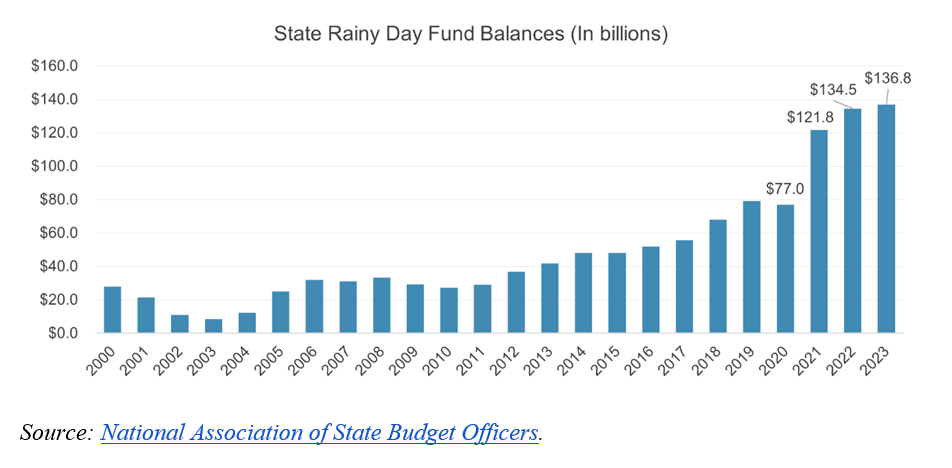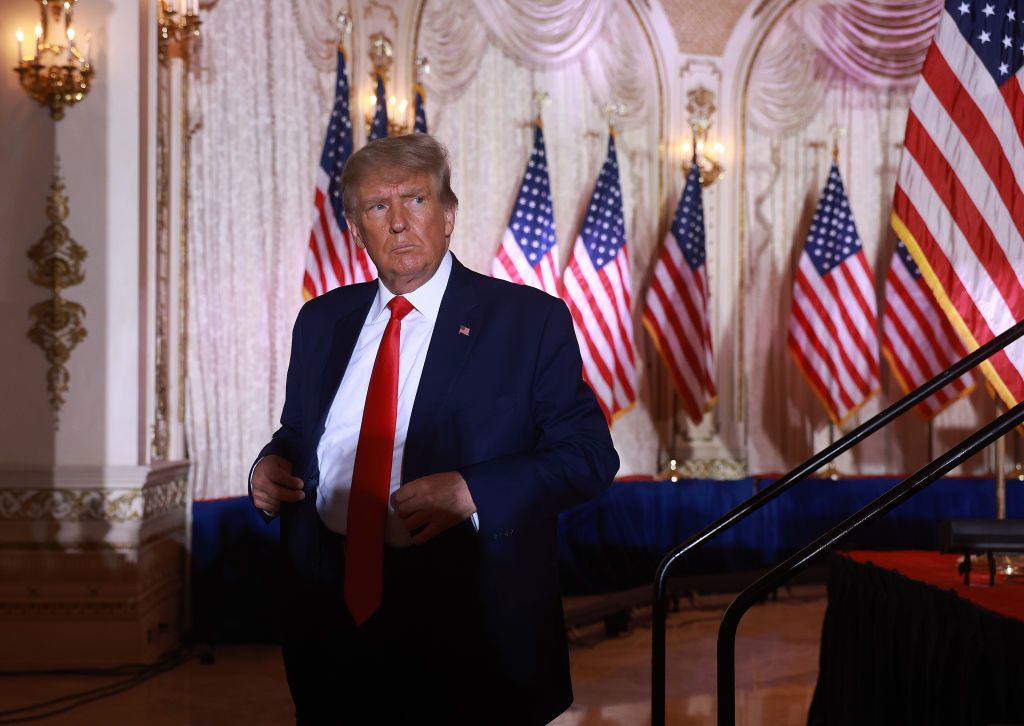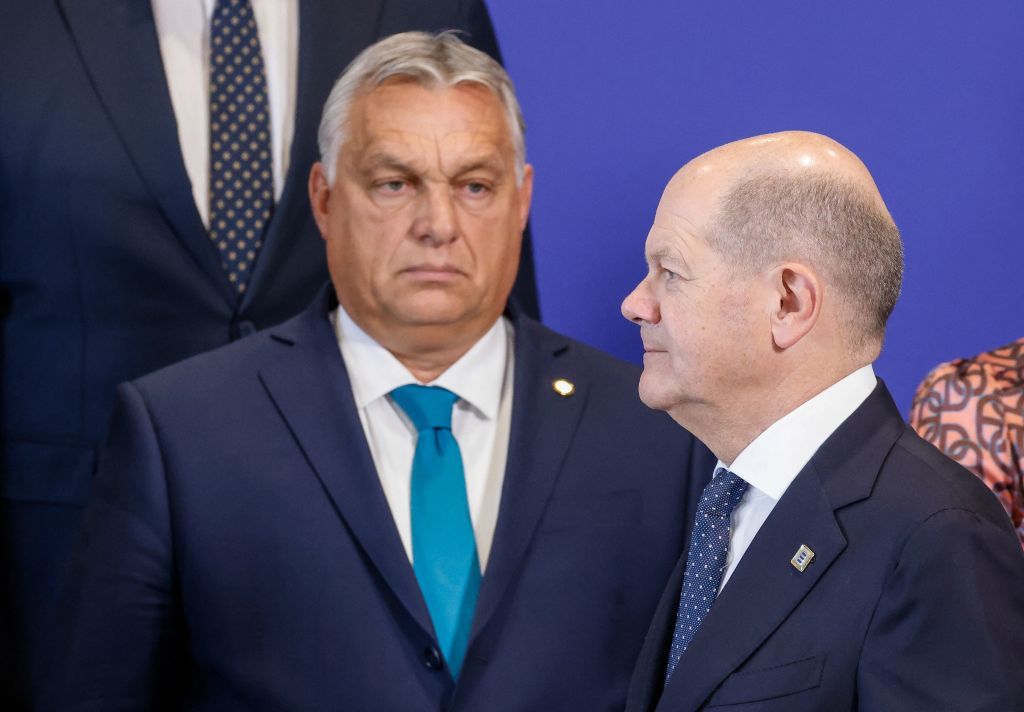With each passing day, it becomes increasingly evident that Western support for Ukraine has become ensnared in various domestic and geopolitical developments that have nothing to do with Ukraine’s struggle to defend itself. As Russia’s war of aggression approaches its second anniversary, it is crucial to establish a more resilient and stable funding mechanism.
Although economists rarely agree on anything, there is a broad consensus that the cost of failing to provide Ukraine with enough support to win the war would be far greater than the cost of assisting it. But the current funding model relies heavily on tense last-minute negotiations among lawmakers in the United States and the European Union, and the resulting uncertainty inflicts enormous costs on Ukraine’s economy and undermines its political stability.
The problem is compounded by political divisions within and among Western countries. Regardless of Ukraine’s actions, the war is often overshadowed by other domestic and international conflicts, impeding efforts to deliver military aid despite overwhelming public and political support. Hungarian Prime Minister Viktor Orban’s attempt to block a 50 billion euro ($55 billion) EU aid package for Ukraine and the U.S. Republicans’ use of Ukraine aid as a bargaining chip in addressing the migration crisis at the U.S.-Mexico border are prime examples.

The vulnerability of Western support for Ukraine to domestic political infighting suggests that a centralized decision-making system would be more effective than the current funding process. The goal of such a system would be to protect Ukraine from the effects of its allies’ internal challenges, distractions, and dramas.
Fortunately, we already have a tried-and-tested model to counter such short-termism. Over the past decade, many U.S. states and several national governments have established rainy-day funds to ensure they have the resources and flexibility they need to respond to unexpected shocks such as recessions and pandemics. The Great Recession and subsequent fiscal crises have led national and subnational governments alike to maintain these funds as a critical component of their emergency-response strategies. As the figure shows, U.S. states now collectively hold $136 billion in such funds, which is more than three times the amount they held in 2007.

To be sure, it took a major economic catastrophe for this strategy to be taken seriously. California, having depleted its cash reserves during the Great Recession, reformed its rainy-day fund in 2014 to avoid future financial meltdowns. Although not perfect, such funds proved their usefulness during the COVID-19 pandemic.
Building on this experience, Western countries should establish a long-term fund to support Ukraine. By borrowing on international markets, they could raise $100 billion – roughly the amount needed to support the Ukrainian war effort for six months – without placing enormous strain on their national budgets. Moreover, this sum – a tiny fraction of the combined GDP of Ukraine’s Western allies – would not result in a substantial increase in these countries’ debt-to-GDP ratios.
Once established and financed, Ukraine would be able to draw from this fund in accordance with the conditions and needs outlined in its existing International Monetary Fund program, as well as any other relevant timelines and criteria determined in coordination with its allies.

To minimize the impact on their national budgets, Ukraine’s allies could offset the interest payments on long-term debt by seizing the returns on Russia’s frozen assets. This would effectively eliminate the initial and ongoing operational costs of the rainy-day fund. Moreover, the issuance of long-term sovereign bonds would provide Western countries with the time they need to reach a consensus on the legal means to implement this strategy.
Financing a $100 billion rainy-day fund through long-term borrowing should be fiscally feasible, especially if the fund’s size is tied to the value of Russia’s frozen assets and the returns they generate. Suppose, for example, that Western countries hold $300 billion in Russian assets with a modest annual return of 3%, while their average borrowing cost is 4%. In such a scenario, the annual return from frozen Russian assets and the fund-related interest payments would each amount to $9 billion, enabling the fund to borrow up to $225 billion without additional interest costs.
Of course, given the devastation wrought by Russia’s war of aggression, the Russia’s frozen assets should be directly transferred to Ukraine. But this could be a slow and complicated process, and Ukraine desperately needs immediate funding. By contrast, setting up a rainy-day fund requires far less legal groundwork. Once financed and operational, the fund would ensure that support for Ukraine is not overshadowed by unrelated domestic issues.
In short, a rainy-day fund would not only shield Ukraine from geopolitical uncertainty but also significantly increase its chances of defeating Russia. By mitigating the damage caused by the war, this fund could aid in Ukraine’s reconstruction and thus accelerate its EU accession. As US President Joe Biden recently said, Ukraine needs more than Western countries’ rhetorical support. Ukraine’s allies should demonstrate their commitment to its liberty and security by ensuring it receives the financial support it needs.
Editor’s Note: The opinions expressed in the op-ed section are those of the authors and do not purport to reflect the views of the Kyiv Independent.













